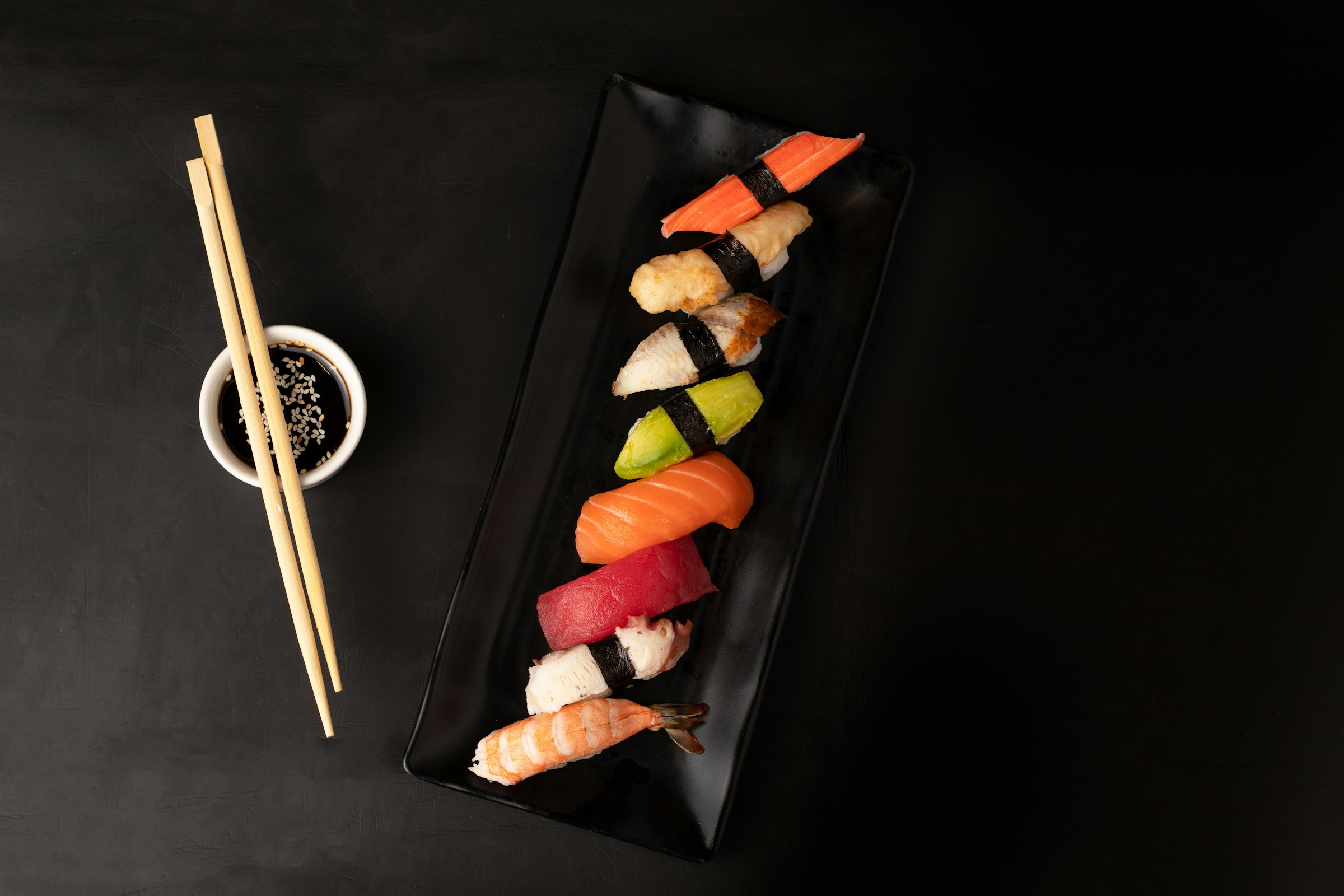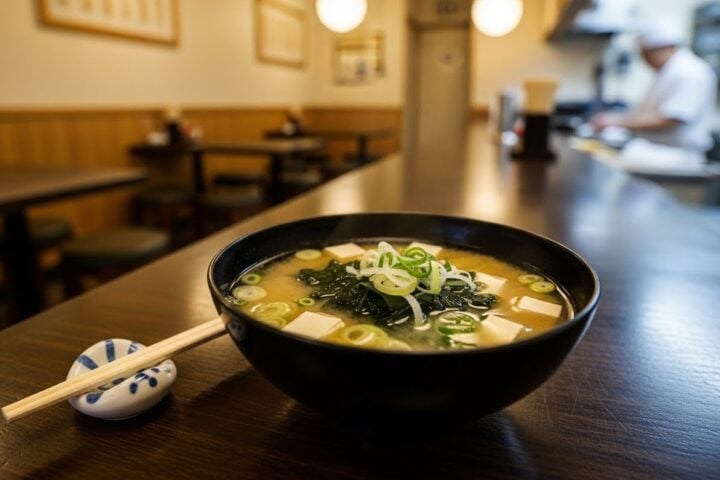In an unprecedented bureaucratic blunder, Japan’s government has accidentally passed legislation banning sushi, leading to widespread panic, protests, and mass hoarding of nigiri nationwide.
How Did This Happen?
According to officials, the ban resulted from a clerical error during a routine food safety review. The original bill intended to standardize rice portion sizes in sushi, but a miscommunication led to an unintentional full-scale prohibition of the beloved dish.
However, due to Japan’s notoriously rigid bureaucratic red tape, correcting the error requires an extensive review process, multiple committee approvals, and three separate government stamps before any reversal can even begin.
Government Spokesperson Hiroshi Yamamoto admitted the mistake at a chaotic press conference, stating: “We deeply regret this mix-up. Sushi was meant to be regulated, not eliminated. Unfortunately, due to a misplaced comma, it now technically classifies as an ‘unapproved substance.’”
Nationwide Panic & Public Reaction
As news of the ban spread, Tokyo residents rushed to sushi restaurants, clearing out supplies in a desperate bid to experience one last nigiri before law enforcement intervened.
Reports from across the country paint a picture of total seafood-fueled chaos:
- Tsukiji Fish Market: Vendors reported record sales, with tuna auction prices skyrocketing.
- Shibuya Crossing: Protesters gathered, waving chopsticks in defiance.
- Kyoto: Sushi chefs refused to close, declaring their restaurants “independent sushi territories.”
One devastated Tokyo resident told reporters, “This is worse than a natural disaster. How am I supposed to eat lunch now?”
Government Response & Uncertain Future
Japan’s lawmakers are scrambling to reverse the ban, but legal experts warn that undoing the accidental legislation could take months due to complex government procedures.
Meanwhile, black market sushi operations have emerged, with reports of secret underground sashimi clubs operating in abandoned karaoke bars. Officials fear that the rise of illicit sushi transactions could lead to an era of organized seafood crime.
For now, citizens are advised to “stay calm and avoid sushi-related incidents.” However, insiders suggest an emergency loophole may soon be introduced, allowing sushi to be sold under the disguise of “seaweed-wrapped rice innovations.”
One thing is certain: until Japan fixes this historic mistake, the nation will remain raw with frustration.




